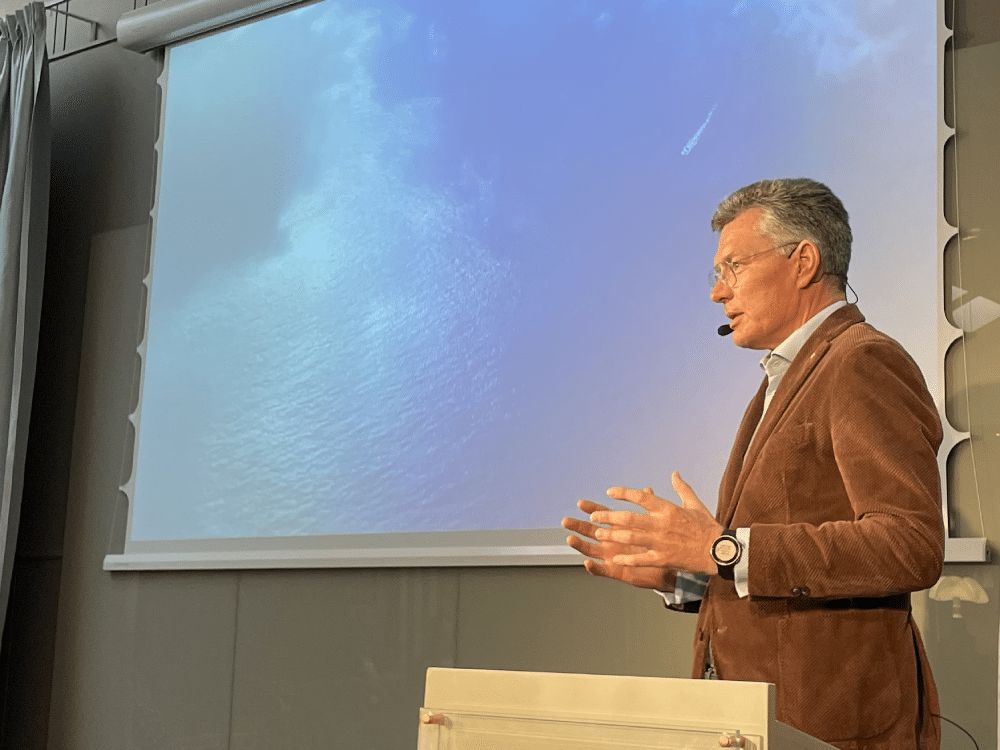Nordic Shift: Denmark Reconsiders Nuclear Ban for Future Energy Mix

Denmark is at a crossroads in its energy policy, with the government seriously considering the lifting of a decades-old ban on nuclear power. This potential shift comes as the country seeks to bolster its energy security while maintaining its commitment to a green transition. Minister for Climate, Energy and Utilities Lars Aagaard has highlighted the exploration of new nuclear technologies, specifically small modular reactors (SMRs), as a possible complement to Denmark's dominant renewable energy sources, wind and solar power.
The Danish government's deliberation marks a notable departure from its long-standing reliance on renewables, prompted by the recognition that solar and wind alone may not suffice to ensure a stable and secure energy supply. A comprehensive report, expected next year, will assess the feasibility and implications of integrating SMRs into Denmark's energy landscape. This move underscores a broader trend in Europe, where countries are reevaluating their energy strategies in light of geopolitical tensions and the urgent need for decarbonization.
However, Aagaard has been clear that traditional nuclear power plants, banned in Denmark since 1985, are not on the table. The focus remains firmly on newer, more flexible nuclear technologies that promise lower costs and enhanced safety features. The minister's cautious approach reflects the need for thorough analysis and public discourse before any policy changes are enacted, emphasizing the importance of understanding the societal and environmental impacts of nuclear power.
As Denmark navigates this potential policy shift, the debate over nuclear power's role in achieving energy security and sustainability is reignited. With neighboring Sweden adopting a pro-nuclear stance, Denmark's reconsideration of its ban could signal a broader regional trend towards embracing nuclear energy as part of the solution to the dual challenges of energy independence and climate change. The outcome of Denmark's evaluation will be closely watched by policymakers and energy experts alike, as it may offer valuable insights into the future of nuclear power in the green energy transition.




